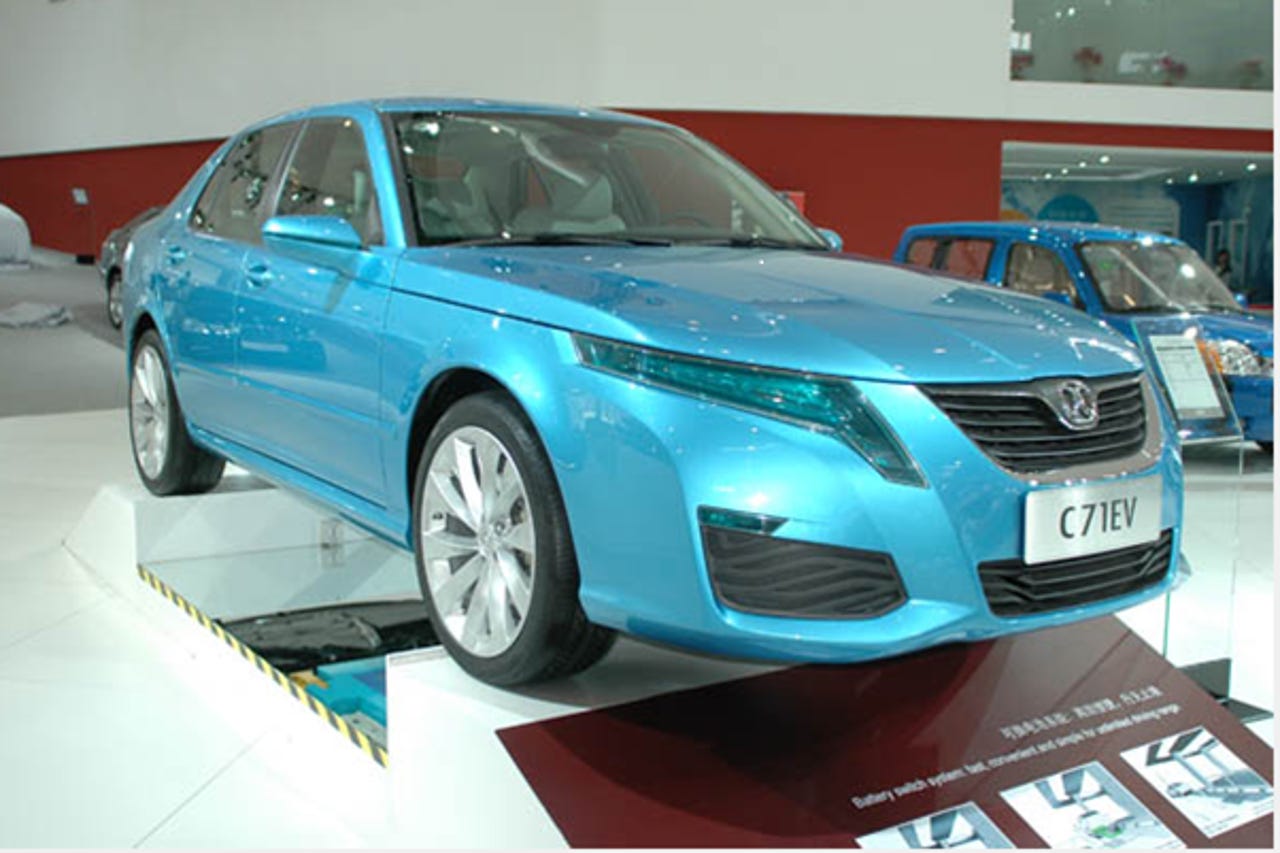2 electric vehicle battery makers find Chinese partners

Two separate deals announced this week will bring two U.S.-based electric vehicle battery manufacturers closer to China market, which likely will represent one of the EV industry's largest domestic markets.
Lifeline for A123 Systems?
A new memorandum of understanding between A123 Systems of Waltham, Mass., and China's largest automotive components supplier Wanxiang Group Corporation, could bring up to $450 million in new investment to the troubled company.
A123 supplies batteries to Fisker Automotive and GM’s Spark electric cars, and it has been struggling to keep manufacturing costs down amid slow electric vehicle sales and an embarassing recall. Indeed, even as A123 announced the new deal, it revealed losses of $82.9 million for its second quarter. Second-quarter revenue was just $17 million, off 53 percent from the year-earlier period.
"Today's announcement is the first step toward solidifying a strategic agreement that we believe would remove the uncertainty regarding A123's financial situation," said A123 Sytems CEO David Vieau. "A substantial capital investment from Wanxiang would not only provide financial stability to A123 as we continue to grow, but it would also align us with a large successful global brand in the automotive and cleantech industries."
Wanxiang is one of China's largest privately owned companies, with more than $13 billion in revenue.
A123 Systems recently announced new breakthrough technology called Nanophosphate EXT that improves the capacity and capability of its electric vehicle batteries in extreme temperature conditions. The technology should find its way into electric vehicles by the first half of 2013.
Boston-Power Scores Big Chinese Customer
A123 Systems isn't the only company from Massachusetts attracting a potentially powerful Chinese partner.
Boston-Power has revealed a multi-year agreement with Beijing Electric Vehicle Company to supply battery systems for hundreds of electric vehicles starting in the fourth quarter, and thousands by 2014.
The deal reflects a long-time relationship, said Boston-Power's founder and chairman, Christina Lampe-Onnerud.
"China has one of the world's most aggressive plans to promote EVs, and we're thrilled to be working with [Beijing Electric Vehicle Company] to bring more environmentally sustainable vehicles to consumers," she said.

Boston-Power’s lithium-ion batteries will fuel Beijing Automotive Industry Holding Company (BAIC)’s all-electric C70 model. Hundreds of the sedans will be available in China later this year, with thousands expected to be on the road by 2014. (Image courtesy of Boston-Power)
Boston-Power's batteries will be used in multiple models, starting with the C70 sedan (pictured above) in the fourth quarter. The car is based on the 9-5 Saab chassis that was purchased by the Beijing electric car manufacturer in 2009.
Estimates from Pike Research call for the market for lithium-ion batteries intended for automotive purposes to reach $14.6 billion by 2016. The research firm recognizes China as a leader in policies that support electric vehicle adoption.
Boston-Power earlier announced $125 million in funding from private and public sources in China in September 2011. As part of that deal, it is building an R&D, engineering and manufacturing facilities in the country that will be capable of producing up to 400 megawatt-hours of lithium-ion battery cells annually by the end of 2012.